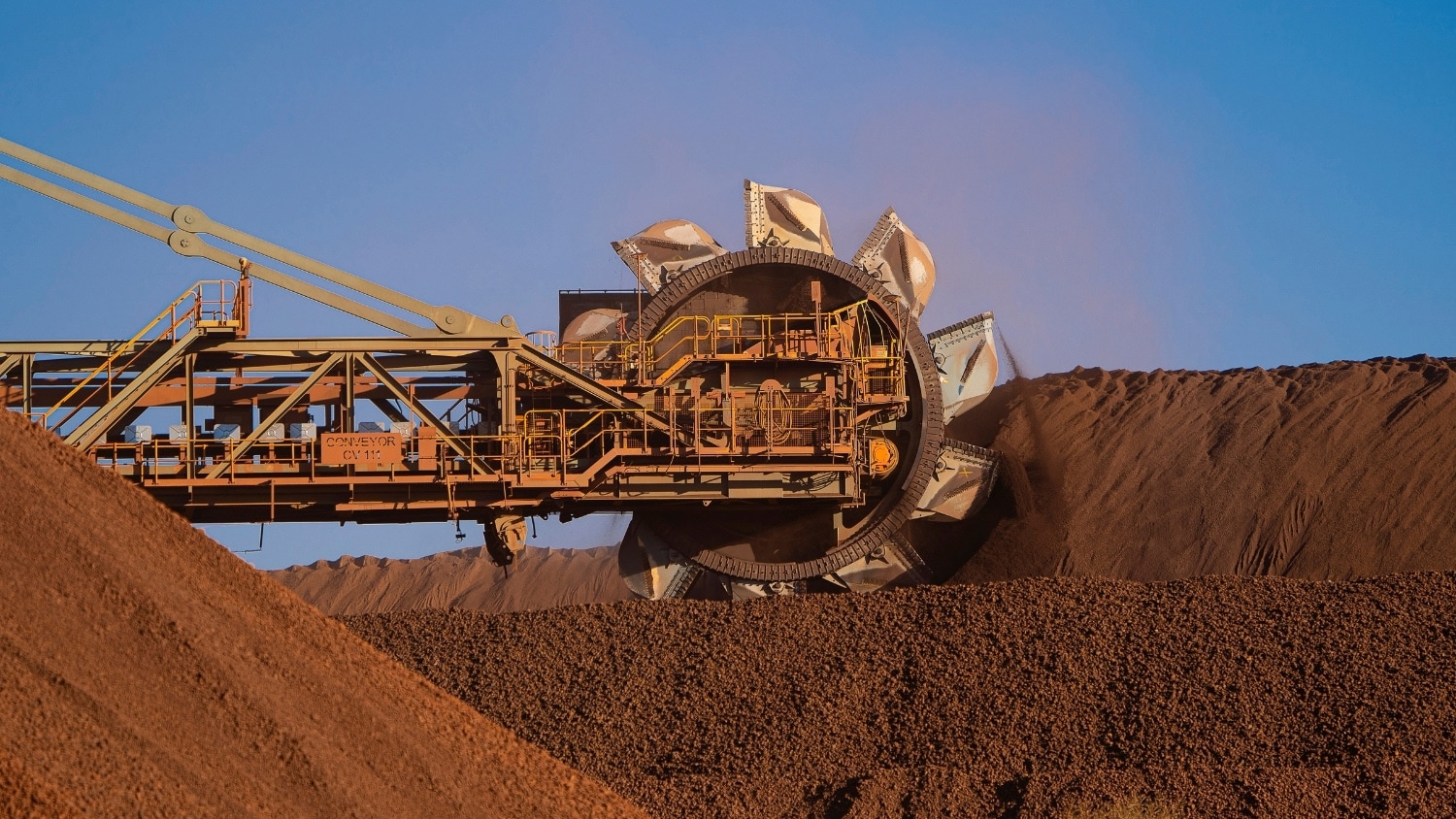BHP, the world’s largest mining company, is investigating the use of rock-eating microbes to tackle emissions in steelmaking. Steel production heavily relies on coal-powered blast furnaces, but a greener alternative called “direct reduced iron” (DRI) can refine iron ore with natural gas or hydrogen, reducing emissions. However, BHP’s iron ore contains impurities that require coal for refining.
To address this, BHP has partnered with Allonnia, a biotech startup supported by Bill Gates. Allonnia discovered microbes in BHP’s iron ore that consume phosphorus and release alumina, key impurities. Scaling up these microbes could create iron ore suitable for hydrogen-powered steel mills, potentially enabling carbon-free steelmaking.
Reducing phosphorus and alumina content could increase the ore’s purity from 62% to at least 65%, significantly approaching the grade required for DRI refining methods that have lower carbon intensity.
However, large-scale implementation is challenging. According to Chuck Price, Allonnia’s chief commercial officer, there are plans to initiate a small-scale trial of the new technology with BHP in 2024.
Based on the trial’s success and the insights gained, the goal is to subsequently progress towards establishing a full-scale plant.
Source: Bloomberg
Image of Western Australia Iron Ore, Jimblebar, WA: BHP

